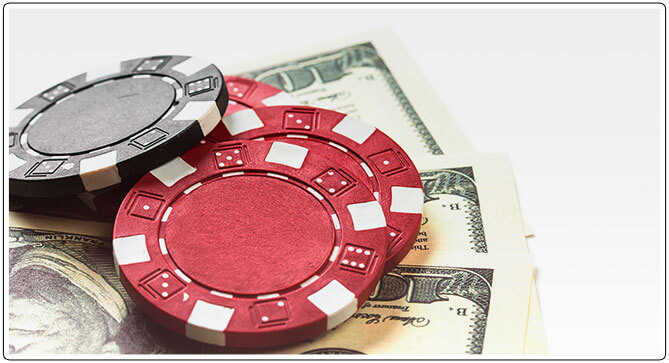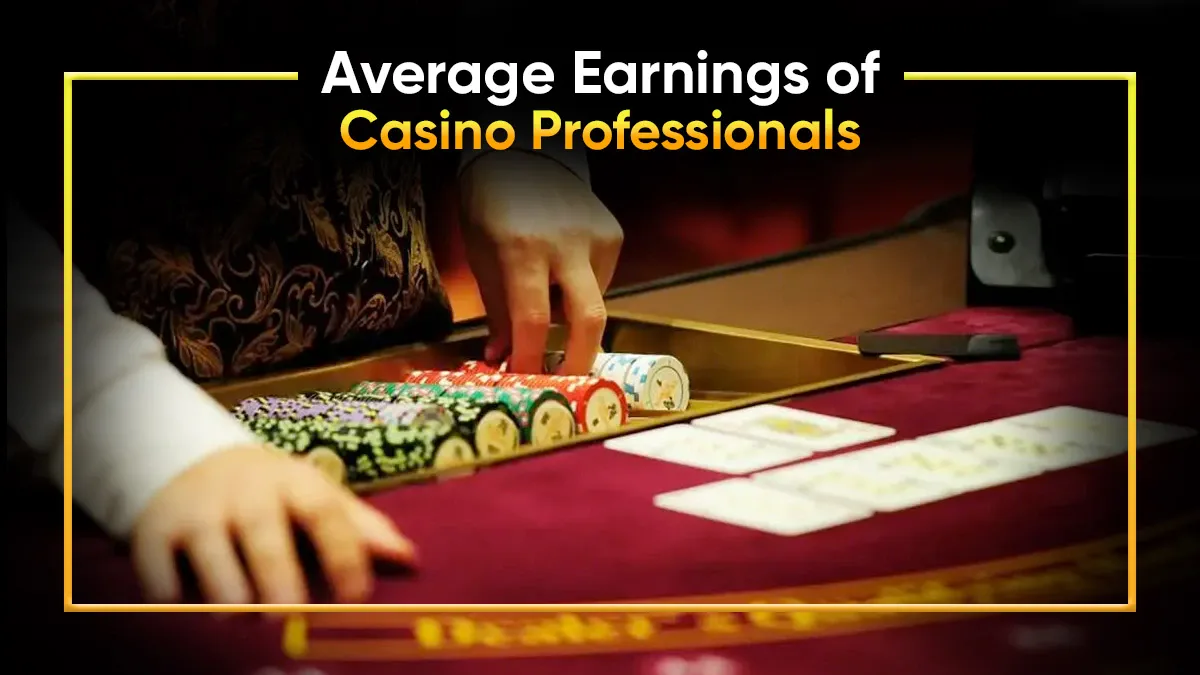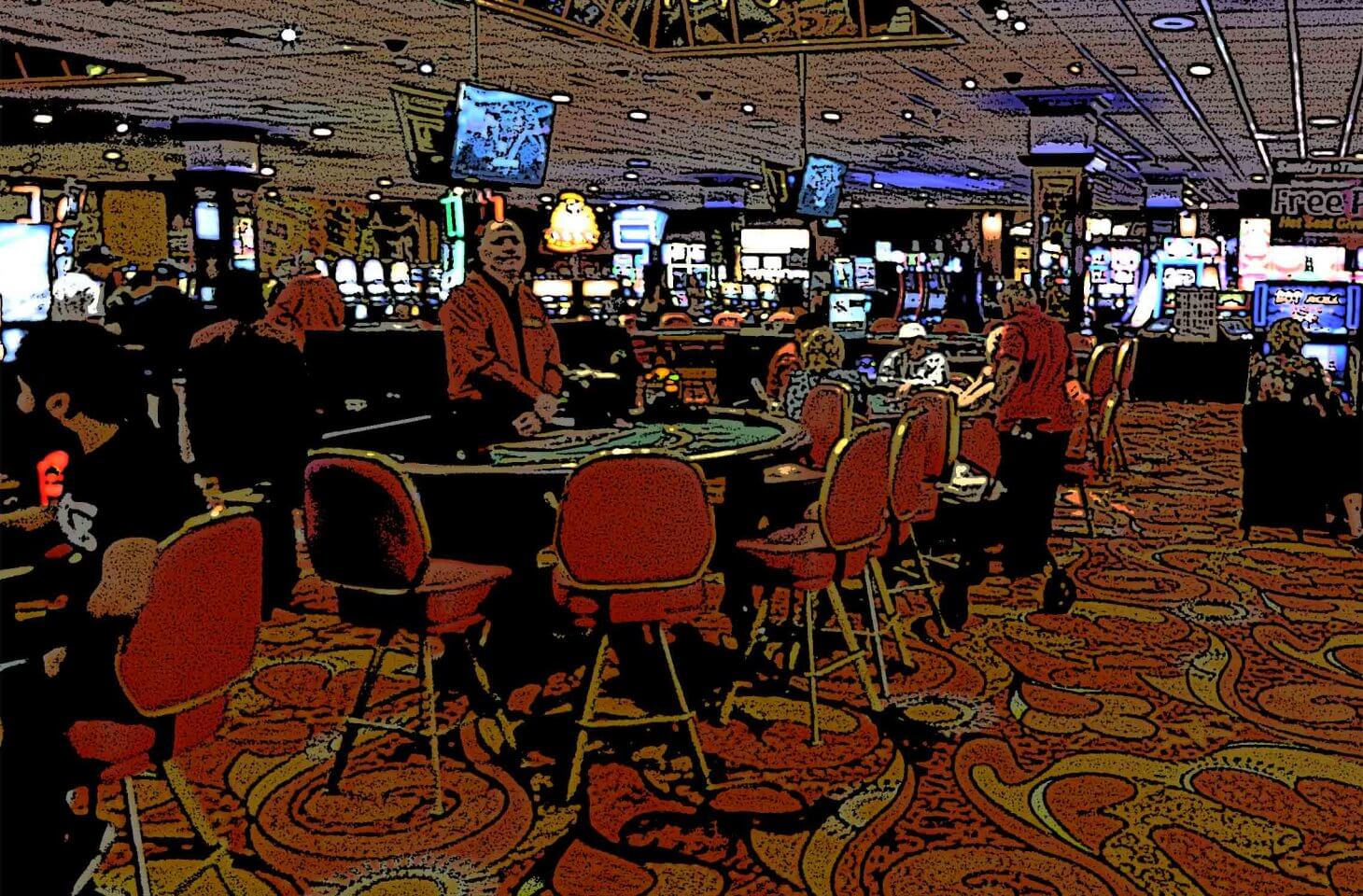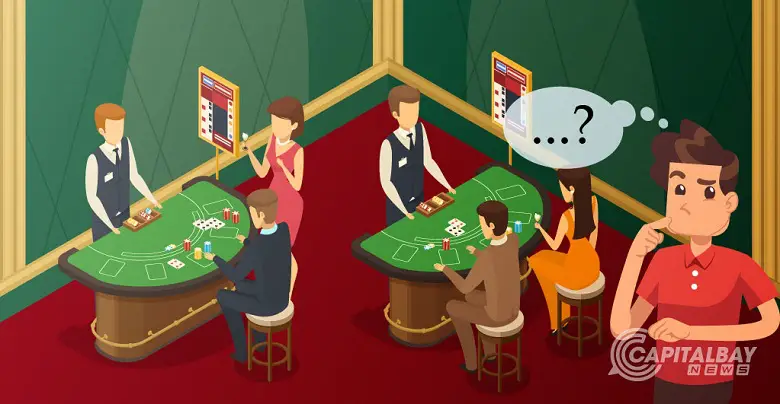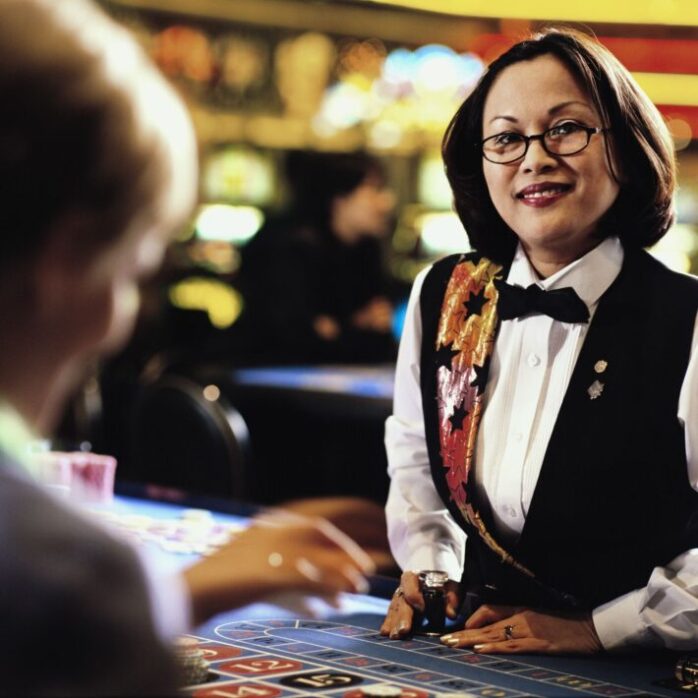How Much Does Poker Dealer Make

The clatter of chips, the rustle of cards, the hushed anticipation as fortunes hang in the balance. In the heart of a bustling casino, under the watchful gaze of security cameras, sits the poker dealer. They are more than just card distributors; they are the conductors of this high-stakes symphony, the arbiters of chance, and the silent observers of human nature at its most raw.
But beyond the mystique and the allure of the poker table, a fundamental question lingers: How much does a poker dealer actually make? The answer, as with any job, is complex and multifaceted, dependent on location, experience, and the generosity of the players they serve.
The Base Salary: Building the Foundation
The foundation of a poker dealer's income is their base salary. This is the hourly wage or fixed salary provided by the casino or cardroom. According to data from the U.S. Bureau of Labor Statistics (BLS), the median hourly wage for gaming dealers, which includes poker dealers, was around $14.04 in May 2023. This translates to an annual salary of approximately $29,210.
However, it's important to note that this is a national average. Actual base salaries can vary significantly depending on the location. For example, dealers in Las Vegas or Atlantic City, where the cost of living is higher and the demand for skilled dealers is greater, may command a higher base wage compared to those in smaller, regional casinos.
Entry-level positions typically start at the lower end of the salary scale, with wages gradually increasing with experience and tenure. Dealers who demonstrate exceptional card-handling skills, game knowledge, and customer service abilities are more likely to receive promotions and pay raises.
The Power of Tips: Adding the Cream
While the base salary provides a stable foundation, the true earning potential of a poker dealer lies in the tips they receive from players. Tipping is customary in most casinos, and poker dealers rely heavily on these gratuities to supplement their income.
The amount of tips a dealer earns can vary greatly depending on factors such as the stakes of the game, the generosity of the players, and the dealer's own personality and rapport-building skills. A dealer who is friendly, efficient, and knowledgeable is more likely to receive generous tips than one who is aloof or inexperienced.
In some casinos, dealers pool their tips and divide them evenly among all the dealers working at a given time. This system ensures fairness and prevents dealers from competing for tips. Other casinos allow dealers to keep their own tips, which can create a more competitive environment but also reward dealers who excel at customer service.
Estimating Tip Income: A Tricky Calculation
Estimating the average tip income of a poker dealer is challenging due to the variability of the factors involved. However, industry experts suggest that tips can often double or even triple a dealer's base salary. This is why the casino industry attracts many people who enjoy the competitive nature of poker and customer service.
For instance, a dealer earning a base salary of $30,000 per year could potentially earn an additional $30,000 to $60,000 in tips, bringing their total annual income to between $60,000 and $90,000. This is more common in large poker rooms, and high-stakes games, however.
Ultimately, the most successful dealers are those who possess a combination of technical skills, customer service abilities, and a positive attitude. These qualities not only enhance their earning potential but also contribute to a more enjoyable and rewarding work experience.
Location, Location, Location: The Geography of Pay
As previously mentioned, location plays a crucial role in determining a poker dealer's earning potential. Cities with thriving casino industries, such as Las Vegas, Reno, and Atlantic City, typically offer higher salaries and greater tip opportunities compared to smaller, regional markets.
This is due to a number of factors, including a higher demand for dealers, a greater volume of high-stakes games, and a more affluent clientele. Furthermore, casinos in these locations are often more competitive and offer better benefits packages to attract and retain top talent.
For example, a poker dealer in Las Vegas might earn significantly more than a dealer in a smaller casino in a rural area. The cost of living in these areas also plays a part in this discrepancy. It's worth remembering to factor that into the earnings calculation.
Experience and Skill: Honing the Craft
Experience and skill are also important determinants of a poker dealer's earning potential. Dealers who have years of experience and a proven track record of providing excellent service are more likely to be assigned to higher-stakes games and receive larger tips.
Furthermore, skilled dealers are often in higher demand and can command higher salaries. They may also have opportunities to work in more prestigious casinos or cardrooms, where the earning potential is even greater.
Continuous professional development and training can also enhance a dealer's skills and earning potential. By staying up-to-date on the latest rules and regulations, improving their card-handling techniques, and honing their customer service skills, dealers can increase their value and marketability.
Beyond the Money: The Perks of the Profession
While the financial rewards of being a poker dealer can be substantial, the profession also offers a number of other benefits. Many casinos provide health insurance, paid time off, and other employee benefits to their dealers.
Furthermore, the job can be quite social and engaging. Dealers have the opportunity to interact with a diverse range of people from all walks of life and to witness firsthand the drama and excitement of the poker table.
For individuals who enjoy working in a fast-paced, dynamic environment and who possess excellent customer service skills, being a poker dealer can be a fulfilling and rewarding career.
The Future of Dealing: Adapting to Change
The gaming industry is constantly evolving, and poker dealing is no exception. The rise of online poker and the increasing popularity of electronic gaming tables have presented both challenges and opportunities for dealers.
While some fear that technology will eventually replace human dealers, many believe that the social and interactive elements of live poker will ensure the continued demand for skilled dealers for years to come. In fact, online poker and its increasing popularity actually feeds live tables.
Ultimately, the future of poker dealing will depend on the ability of dealers to adapt to change and to embrace new technologies. By embracing online poker, dealers can supplement their live income and expand their earning potential. Dealers with excellent customer service skills will always be in demand as they improve players experience.
Conclusion: More Than Just a Job
The life of a poker dealer is a unique blend of skill, chance, and human interaction. While the exact earnings can vary widely, the potential for a comfortable income is certainly there, especially for those who are dedicated to their craft and passionate about the game.
It's a profession that demands precision, patience, and a knack for reading people – not just their cards, but their emotions and intentions. The rewards are more than just monetary; they come from being a central part of a vibrant and exciting world, a world where fortunes are won and lost with the turn of a card, and where every hand tells a story.
So, the next time you find yourself at the poker table, take a moment to appreciate the person dealing the cards. They are more than just an employee; they are a vital part of the poker experience, and their skills and dedication contribute to the magic of the game.

